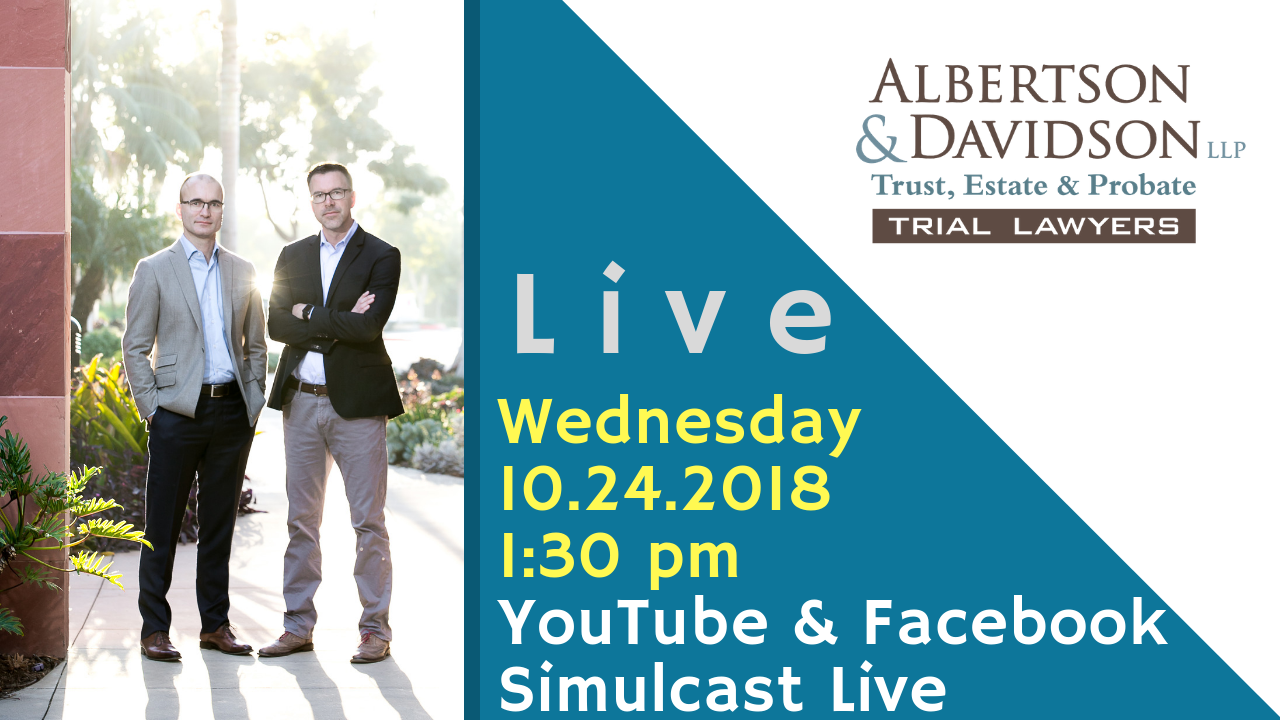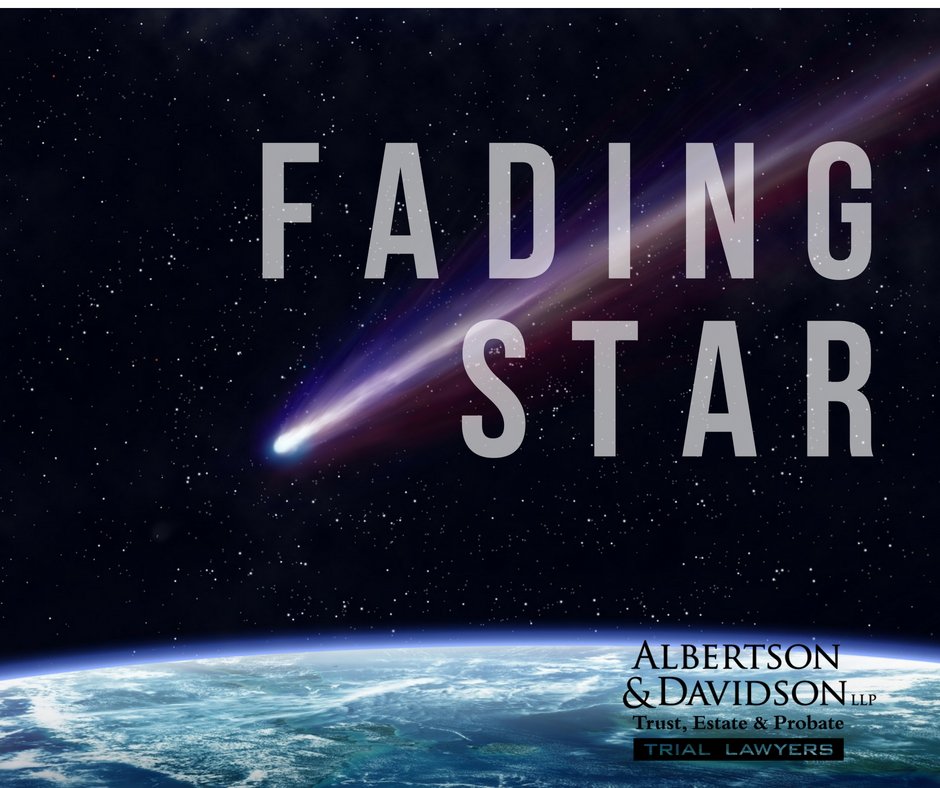
One of the benefits to hiring an attorney or law firm on a contingency fee basis is payment of the out-of-pocket costs. A contingency fee agreement is one where the attorneys agree to represent the client in return for receiving a percentage of the amount recovered for the client. For example, if the attorney recovers […]









